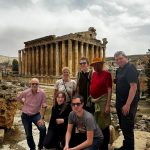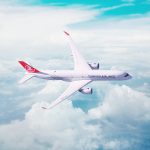Ever heard of the Republic of Nauru? Probably not, and there’s even less of a chance that you would have travelled here, with it being statistically the least-visited country on earth. That’s right; more people holiday in Somalia than Nauru – which, to be fair is a pretty good achievement in itself – but how did it get to this lofty/lowly position?
Here’s the stranger-than-fiction story of Nauru.
Location, location, location
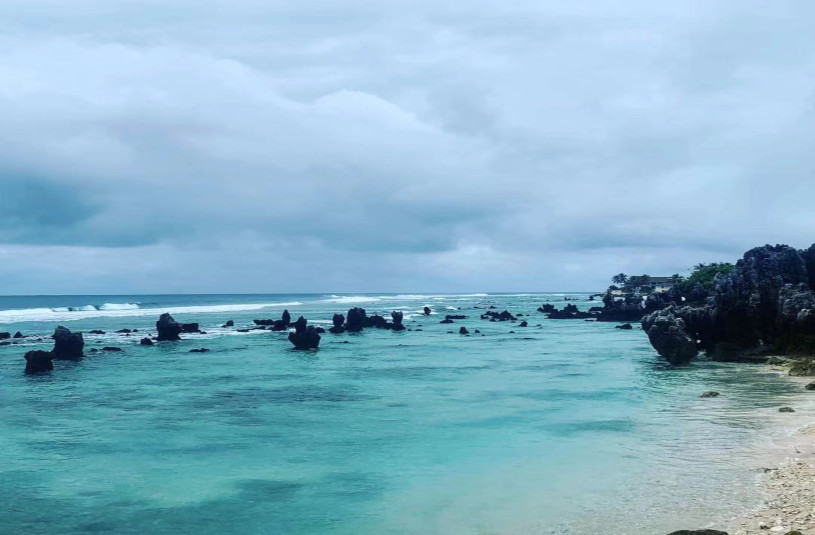
Location, something so important they named it thrice. Nauru is slap-bang in the middle of the Pacific Ocean, and not really near to any other country or islands. It’s pretty much a barren rock in the middle of said ocean. It was formerly rich is phosphates (we will talk about that later). Fun fact: phosphates are made from millions of years of birds crapping on an island. Nauru was born from bird shit.
Size doesn’t matter

As girls rightly say, size doesn’t matter. But if size did matter, Nauru would be the third smallest country on earth – with the second smallest population. But being a small country does not mean they can’t excel at something, and Nauru excels in obesity. That’s right: they are the fattest people in the world.
The Start
Everything needs a beginning, and the country being made from millions of years of bird poop notwithstanding, it was originally Micronesians and Polynesians that inhabited the island. They subsequently split into 12 tribes, which are represented by the 12 stars on the flag.
Happy trading and British colonization
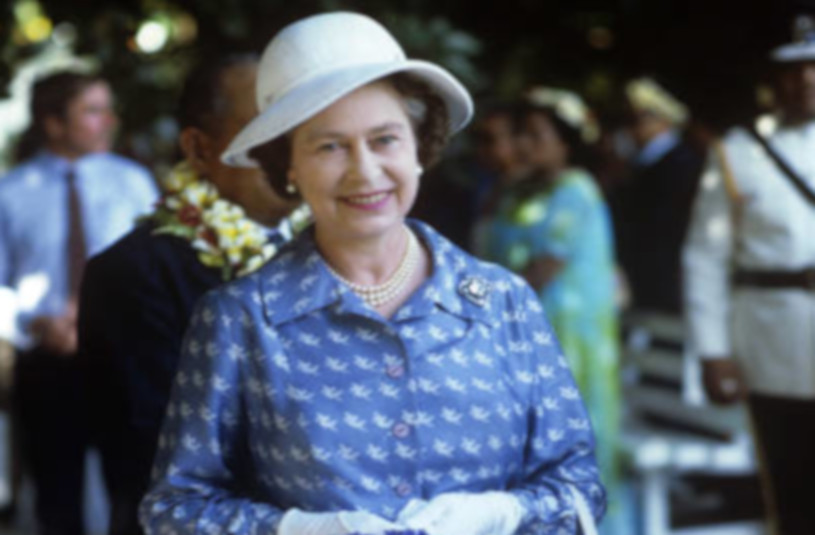
In 1798 the Brits sailed past, thought Nauru looked nice and duly named it Pleasant Island. It soon became rather unpleasant when we started trading palm wine and guns with the island, which resulted in a slightly drunken civil war that lasted 10 years. The Brits then gave Nauru to Germany, which ended the civil war and improved punctuality until WW1. Following this it was given to Britain, Australia, and New Zealand to jointly run and share the spoils of the phosphate industry.
Phosphates
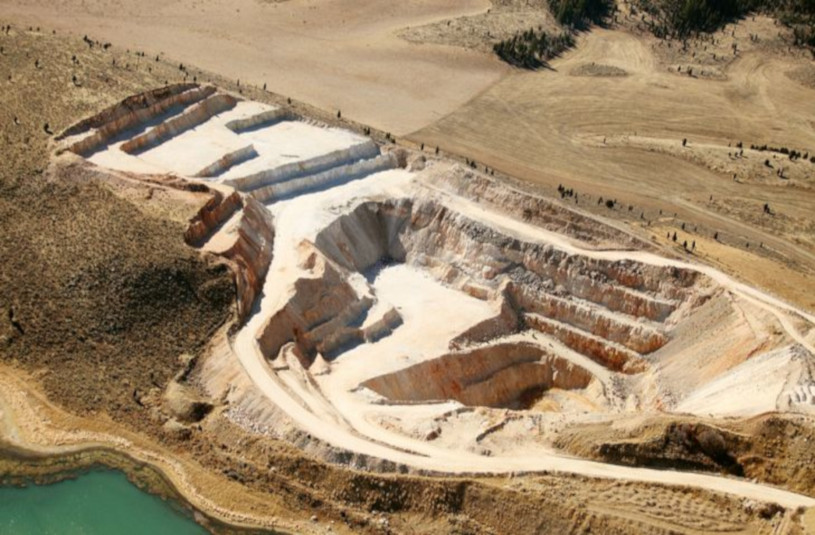
Phosphate mining is big business, worth big money. The UK, Australia, and New Zealand happily took advantage of this before Nauru noticed. Nauru eventually cottoned on and decided it would become independent and make itself a rich little ‘Kuwait of the Pacific’ type place. What could go wrong?
Things went wrong
For a while the country was the richest place on earth with a sovereign wealth fund that should have seen the ten thousand people on the island set for life. Alas, money was not spent wisely at all; this, coupled with a fair bit of corruption, had the country teetering on the brink of bankruptcy before they had another super-great idea.
The Pacific Solution
Since 2001 the majority of Nauru’s income has come from aid from Australia; aid it gets for housing the refugees Australia doesn’t want. A bit shit for the refugees, but at least the food on the island improved. In fact, for almost 20 years the whole landscape of Nauru changed, with refugees being the majority of the workforce, until most of them got to leave.
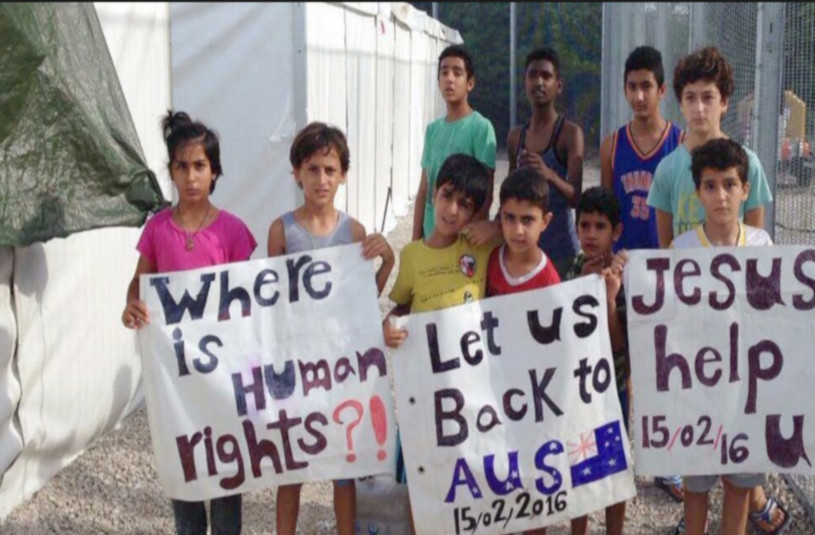
Nauru also had some other great money-making ideas, briefly being a banking haven until Australia told them not to, and recognizing South Ossetia and Abkhazia. Completely coincidentally, they also received a $9 million dollar loan from Russia.
Another classic switcharoo trick they pull is to recognize Taiwan and the PRC in alternate years, and then take aid from whichever China they recognize that day. Good work if you can get it.
Nauru Today
Today Nauru exists in a bit of Cuba-like state, with all the main industries being state-owned, and the government pretty much paying the locals to exist. This had let some to even ask if the nation is actually communist ? Of course it is not, but there are some similarities.
More recently there have been even more interesting events in the country with them now recognizing the Peoples Republic of China instead of Taiwan (the second time they have done so), as well as recognizing Abkhazia and South Ossetia allegedly at the behest of Russia, following a rather large loan from the country. This has let some to question if the nation is now on the other side of Cold War 2.0, a point which has drawn ire and concern from the west.
But, it is not all negative at all, with the country also recently forming its first even Soccer Federation, in part assisted by Gareth Johnson of Young Pioneer Tours. You can read that story here.
So, is Nauru about to become the next big thing when it comes to global tourism? Not really, but if you fancy kicking back for 5 days there are worse places you can travel to, such as Somalia (callback).
To visit Nauru yourself, check out our Least Visited Countries tour.



